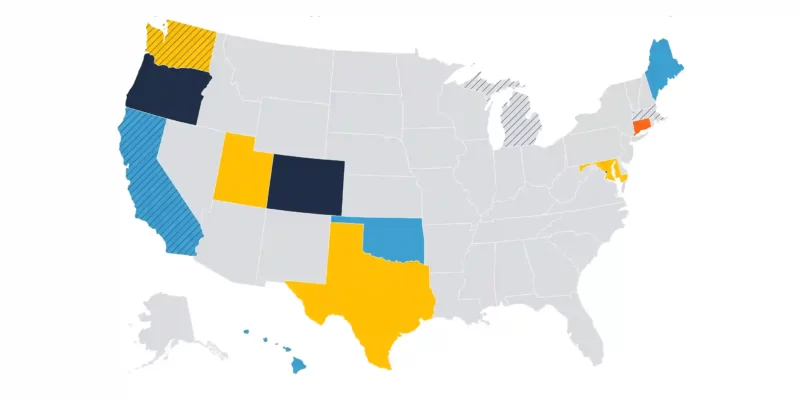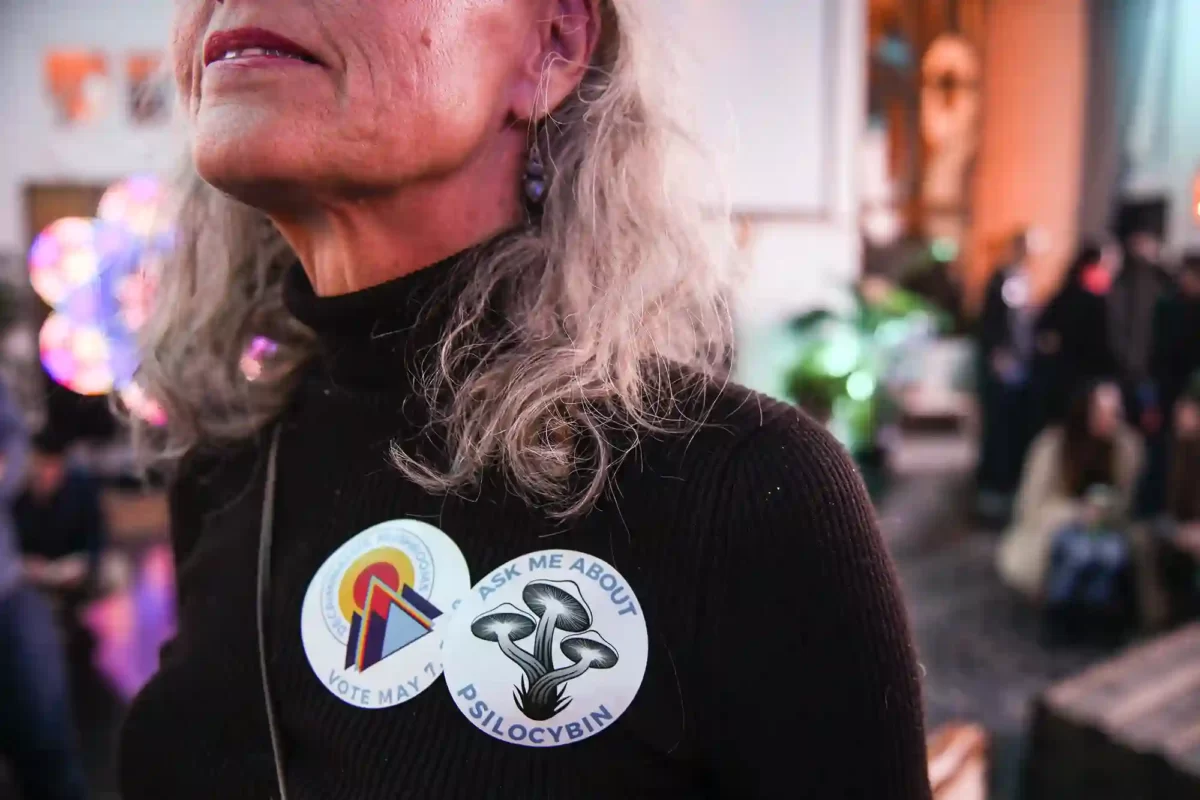Uncategorized
Are Psychedelics Legal in Colorado?
Are Psychedelics Legal in Colorado?
Psychedelics, such as LSD, psilocybin, and DMT, have been gaining popularity in recent years for their potential therapeutic benefits. However, their legal status in the United States remains a gray area, with many states having their own laws and regulations. In this blog post, we’ll take a closer look at the legality of psychedelics in Colorado, one of the most progressive states when it comes to drug policy reform.
Colorado’s History with Psychedelics
Colorado has a long and complicated history with psychedelics. In the 1960s, the state became a hub for counterculture and the psychedelic movement, with famous figures such as Timothy Leary and Ken Kesey visiting the state to promote their message of peace, love, and mind-altering substances.
However, the state also experienced a backlash against psychedelics, with lawmakers and law enforcement cracking down on drug use and possession. In 1970, Congress passed the Controlled Substances Act, which classified psychedelics as Schedule I drugs, meaning they were considered to have no medical use and a high potential for abuse.
Despite this federal classification, Colorado has been at the forefront of drug policy reform in recent years, legalizing marijuana for recreational use in 2012 and becoming the first state to decriminalize psilocybin mushrooms in 2019.

Current Status of Psychedelics in Colorado
While psilocybin mushrooms are now decriminalized in Colorado, this does not mean they are legal. Decriminalization means that possessing and using psilocybin mushrooms is no longer a criminal offense, but it is still illegal under state and federal law. It is important to note that decriminalization does not provide a legal framework for the regulated use of psychedelics.
In addition to psilocybin mushrooms, other psychedelics such as LSD, DMT, and MDMA remain illegal in Colorado. Possessing or using these substances can result in serious legal consequences, including fines, jail time, and a criminal record.
Efforts to Legalize Psychedelics in Colorado
Despite the current illegality of most psychedelics in Colorado, there are efforts underway to legalize and regulate their use. In 2021, a bill was introduced in the Colorado Legislature that would allow licensed therapists to use MDMA, psilocybin, and ketamine in the treatment of certain mental health conditions. The bill is still in the early stages of the legislative process, but it has garnered significant support from mental health professionals and advocates.
There are also grassroots efforts to legalize psychedelics through ballot initiatives. In Denver, a group called Decriminalize Denver successfully pushed for the decriminalization of psilocybin mushrooms in 2019, and they are now working to get a similar initiative on the ballot to decriminalize other psychedelics such as LSD and DMT.
Potential Benefits of Legalizing Psychedelics
Proponents of legalizing psychedelics argue that these substances have the potential to be used as powerful tools in the treatment of mental health conditions such as depression, anxiety, and PTSD. Studies have shown that psychedelics can help patients achieve profound insights and experiences, leading to long-term improvements in their mental health.
In addition to their therapeutic potential, legalizing psychedelics could also lead to a decrease in drug-related arrests and a shift away from the criminalization of drug use. By regulating and taxing the sale of psychedelics, the state could generate revenue and reduce the burden on the criminal justice system.
riminalized in Colorado, most other psychedelics remain illegal under state and federal law. However, there are efforts underway to legalize and regulate their use, with mental health professionals and advocates pushing for their therapeutic potential to be recognized.
If these efforts are successful, Colorado could become a leader in the use of psychedelics for therapeutic purposes, much like it has with the legalization of marijuana. However, it is important to note that legalization does not come without risks, and any use of psychedelics should be done under the guidance of a licensed professional.
In conclusion, the legality of psychedelics in Colorado is a complex issue, with many factors to consider. While progress has been made in decriminalizing psilocybin mushrooms and exploring their therapeutic potential, most other psychedelics remain illegal. Only time will tell if efforts to legalize and regulate their use will be successful, but for now, it is important to stay informed and educated about the risks and benefits of these substances.



